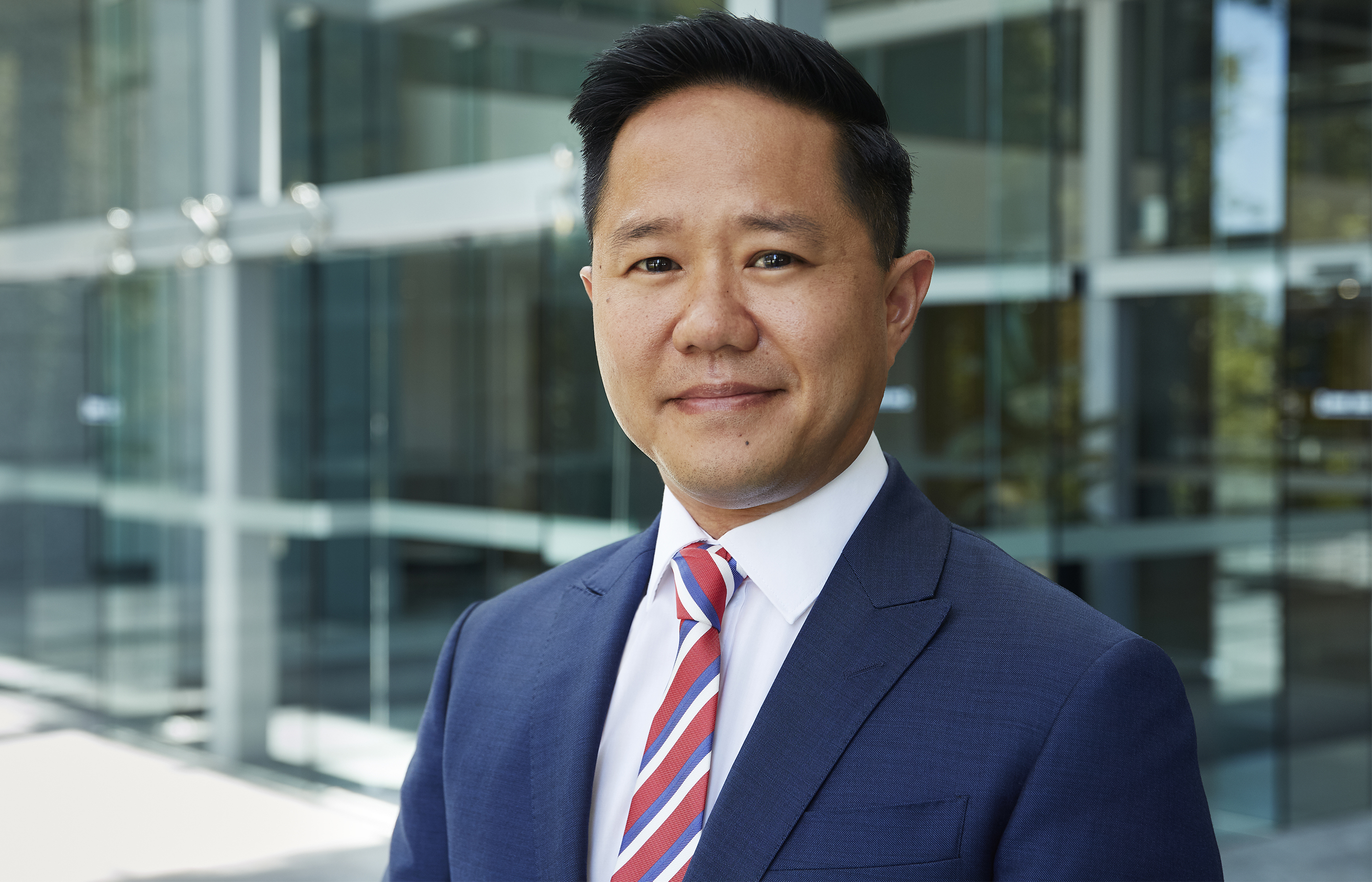In Habrok (Dalgaranga) Pty Ltd v Gascoyne Resources Ltd [2020] FCA 1395, Justice Beach of the Federal Court of Australia considered an application by Habrok (Dalgaranga) Pty Ltd (Habrok) to terminate a deed of company arrangement (DOCA) pursuant to sections 445D and 447A of the Corporations Act1 (Act).
On 2 June 2019, the directors of the GCY Group resolved to place the GCY Group into voluntary administration and to appoint administrators.
After their appointment, the administrators pursued a two track realisation process, namely whether the CGY Group could be recapitalised or if the GCY Group’s assets would need to be sold. Ultimately, the administrators recommended a recapitalisation of the GCY Group to its creditors and proposed a DOCA under which the projected return to creditors (both secured and unsecured) would likely be 100c/$ through a combination of debt repayment and equity entitlement (GCY DOCA).
At 5:30pm on the evening before the second meeting of creditors, Habrok Mining Pty Ltd (Habrok Mining), the holding company of Habrok, submitted a competing DOCA proposal, which his Honour noted “did not propose nor address with certainty how all the creditors would be paid whether in full or in part"2 (Habrok DOCA).
The next day at the second meeting of creditors, the administrators gave details of the Habrok DOCA to creditors and put forward a resolution for an adjournment to allow creditors to consider the Habrok DOCA. Notably, Habrok was not a creditor of the GCY Group and did not attend the second creditors meeting. GCY Group’s creditors resolved not to adjourn the meeting and instead resolved to enter into the GCY DOCA.
On 4 August 2020, Habrok ‘bought into’ the GCY DOCA by purchasing a debt owed to Orlando Drilling Pty Ltd by the second defendant (Orlando Debt) and commenced proceedings for termination of the GCY DOCA. Under examination, the director of Habrok accepted that the application was brought for the collateral purpose of acquiring the assets of GCY Group in a winding up, rather than in Habrok’s interests as a creditor.3
Notwithstanding the collateral purpose, Habrok submitted that the GCY DOCA should be terminated on the basis that:
The defendants submitted, amongst other things, that Habrok had no standing to bring the application as it was not a “creditor” or “any other interested party” within the meaning of s445D of the Act.8
As a threshold, his Honour affirmed Habrok’s standing to bring the application, finding that Habrok was both a “creditor” and an “interested person”.9 His Honour held:
Nonetheless ultimately, his Honour dismissed the application by Habrok for the following reasons.
In relation to the pre-appointment work conducted by the administrators’ firm:11
In relation to the administrators’ investigations:
In relation to the sale process and treatment of competing DOCA proposals:
In relation to the GCY Group’s solvency:
At its core, this decision affirms the objectives of section 435A of the Act that voluntary administration should centre on maximising the return to creditors and parties seeking to participate in the process should come with those objectives in mind. It is a reminder that proponents must act with certainty, timeliness and proper purpose in formulating proposals to restructure a company, keeping in mind these objectives.
The decision also traverses important considerations concerning the scope of pre-appointment work and the degree to which that may affect a practitioner’s subsequent conduct of a formal appointment. Here, the administrators were not in a position of having to review their own payments as potential preferences and the evidence of the administrators was ‘clear and accurate’ and did not, in His Honour’s view, present any basis to conclude a lack of independence.



[1] 2001 (Cth).
[2] Habrok (Dalgaranga) Pty Ltd v Gascoyne Resources Ltd [2020] FCA 1395 at [800].
[3] Ibid at [840].
[4] Ibid at [416].
[5] Ibid at [527].
[6] Ibid at [11], [790].
[7] Ibid at [757].
[8] Ibid at [383].
[9] Ibid at [397].
[10] Ibid at [399].
[11] Ibid at [521]-[525].
[12] Ibid at [567].
[13] Ibid, see his Honour’s analysis at [571]-[691].
[14] Ibid at [220], [239].
[15] Ibid at [231].
[16] Ibid at [234].
[17] Ibid at [804].
[18] Ibid at [762].
[19] Ibid at [770].